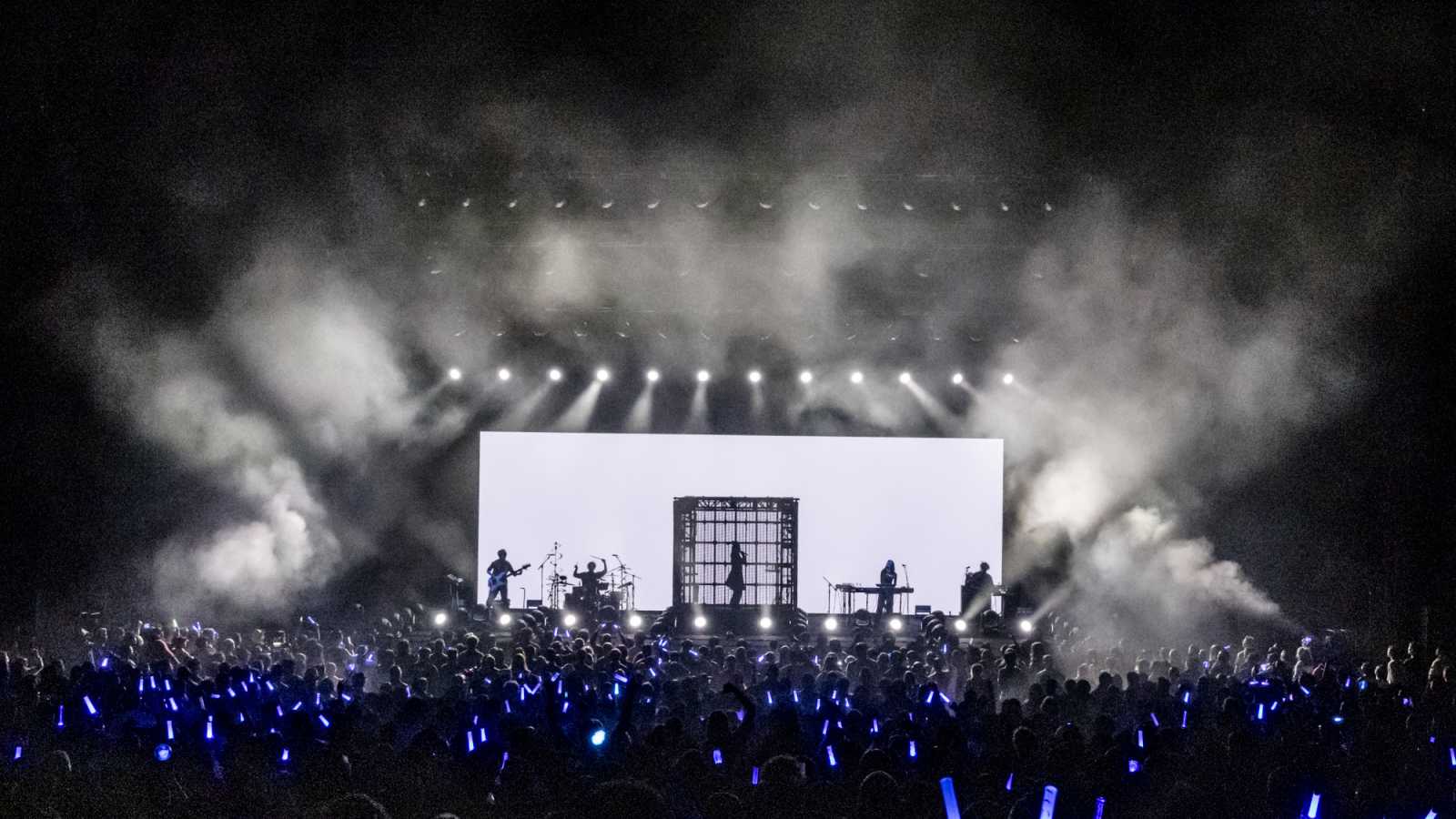A re-mix and re-arranging of the past.
Reaching what seems to be a peak in his career, miyavi has released a mini-album re-mixing and re-arranging seven previously recorded songs with KAVKI BOIZ, who have been with him for about a year. Although some fans may mistake them for a support band for this young solo artist, in essence all seven band members including miyavi are "one band". Following the same theme from his previous release, Sakihokoru hana no you ni - Kabuki danshi, of combining turntable and acoustic guitar, miyavi gives his audience a taste of how he visualizes the future with more modern versions of his own "old" songs.
The first two tracks on 7 SAMURAI - We're KAVKI BOIZ start off with Selfish love - aishitekure, aishiterukara-, which was released on Miyaviuta in 2006 and Shouri no V-ROCK!!, which was released on Freedom Fighters in 2005. The new versions are much slower and following the same rhythm pattern throughout each song with respect to its original. Even though the sound is unique in itself considering the mix of instruments, the repeating guitar chords and turntable beats makes both seem to drag a bit.
Even though the first two tracks don't live up to expectations, the mini-album takes a turn for the better with the next tracks, both from 2005's Miyavizm. The turntables are the main highlight in ROCK'N'ROLL IS 'NOT'DEAD; the song is very catchy and has an ironically hip-hop feel to it. Before the listener knows it, he or she is moving their body along with the music. Just like it's predecessor, Ame ni utaeba ~pichi-pichi chappu-chappu ran-ran blues~ follows the same catchiness, but it's the acoustic solo, a little more than half-way through, which gives a Spanish, jazzy quality to the track. Surprising the listener, miyavi suddenly sings his heart out toward the end, making this track one of the most moving on the album. miyavi fans will definitely appreciate the projection in the artist's voice at the end.
Probably the most powerful song on the whole album is Kimi ni negai wo from the self-titled single released in 2006. Just like its original, this track has a fantasy, dreamy-like quality putting the listener into a whole new different world altogether. Not necessarily an acoustic version nor is it filled with the beats from turntables, this track is simply re-mastered. The guitar is catchy, but miyavi's voice is very sweet in this track. It's not rough or trying to aim for unreachable notes; very smooth. Throughout the majority of the song, miyavi keeps his listener at bay, allowing the emotions to build within as the music keeps its soft and mellow tempo before giving the listener the release they need when his guitar and voice become more powerful toward the end.
Surprisingly for most fans, miyavi goes back and chooses the track, Girls, be ambitious, from his gagaku release in 2002! Out of all the tracks that were re-mixed for this mini-album, this one is the most different from its original. This version still carries the same tempo, but fast drums and rapid guitar playing are replaced with an acoustic jazziness nearing hip-hop. The final track, Ashita, genki ni naare, originally released in 2004, doesn't stray too much from its original. It's still the same upbeat and joyous song from a few years ago.
This album is very unique and an interesting listen for people who have been fans of miyavi for a while. It allows one to notice how much this solo artist has grown and diversified his music while not allowing himself to be held down by any specific music genre.



